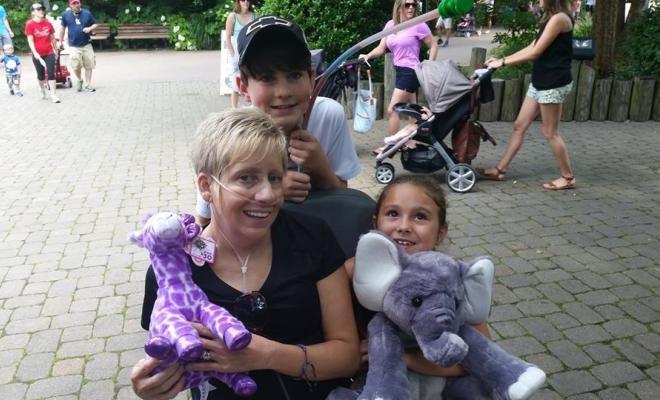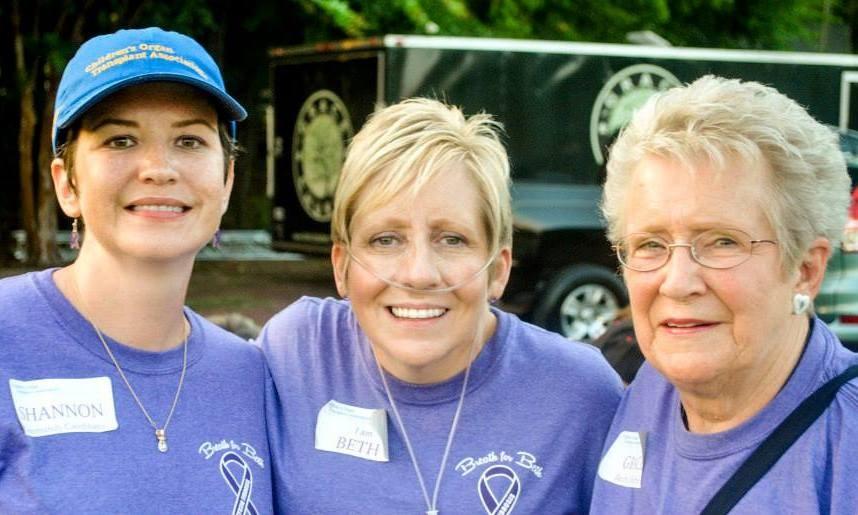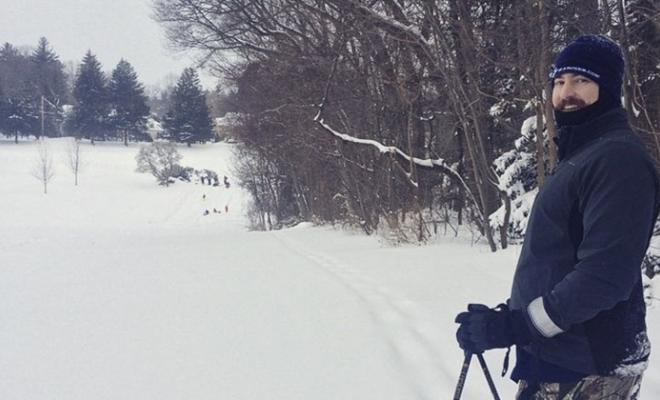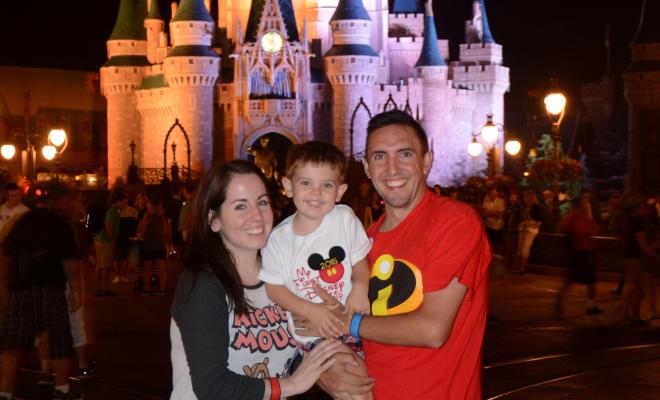Beth Evans is a 48-year-old grandmother from Alabama living with CF. Diagnosed at 18 months, she has already beaten the odds by living well past her predicted survival age of 3 years. But with her health in a steady decline, she is at that point where she is in need of a double lung transplant.
Beth spoke to us about her experiences from a hospital bed during a three-week stay intended to push her lung function back to its baseline.
B. Cepacia and The Evaluation
While Beth resides in Birmingham, she will be treated in North Carolina because she carries a certain strain of the B. cepacia bacteria in her lungs. Carrying this infection disqualified her from being evaluated at the closest transplant center near her in Birmingham. Her doctor, who recommended she be evaluated for the lung transplant, then sent her records to three other transplant centers across the country. The transplant center that she ultimately chose was not only the second closest option, but they didn't turn her down for an evaluation because of the infection.
The Evaluation Results
Even though Beth has been accepted as a potential lung transplant recipient, she hasn't actually made it onto the lung transplant waiting list. When the transplant center conducted their initial evaluation last fall, they determined that her lung function baseline of 35 percent was too high to warrant the transplant immediately. She is healthy enough to hold off on getting a new set of lungs, and she will be placed onto the transplant waiting list when it is deemed absolutely necessary. So for now, she travels back and forth once every three months to get her lungs and other vitals checked out.
When Beth's lung function dips down into the mid-20s, she will need to make the move to North Carolina and live within a short driving distance of the hospital, and will remain there until six months to a year post-surgery.
The Financial Impact
In addition to being physically evaluated, Beth was also evaluated financially. The transplant itself costs upwards of $500,000, so prospective recipients have to prove that they have enough financial resources to pay for the surgery as well as any medications, such as anti-rejection drugs, needed post-transplant. The transplant center set Beth up with a financial planner who went over all the projected costs with her and her family. After this evaluation, they recommended that Beth reach out to the Children's Organ Transplant Association (COTA) for financial assistance.
Working with COTA allows Beth and her family to fundraise for her transplant and future treatments without making her ineligible for important government benefits. Beth is also able to collect money through fundraisers without having it counted as income by the IRS.
The Waiting Game
Right now as Beth plays the waiting game of not knowing when her lung function will decrease enough to start the process of preparing for the transplant, she continues her daily routine of chest physical therapies and aerosol breathing treatments several times a day. She also makes frequent hospital trips that last, on average, between 2-3 weeks where she is placed on IV antibiotics.
Once Beth's lung function dips into the 20's, she will also be placed into a 30-day mandatory pulmonary rehabilitation program. If she successfully completes the program, and maintains a steady weight and physical condition, Beth will be placed on the transplant waiting list.
But through it all, she speaks with hope. She also had a positive message for others who might be considering getting evaluated. “Don't be afraid,” said Beth. “Do your homework, get a second or third opinion and find the right hospital for you.”
March 2016 -- We were deeply saddened to learn of Beth’s passing. A mother of five and grandmother of six, Beth worked to improve the lives of people with CF through her team, Breath for Beth.







